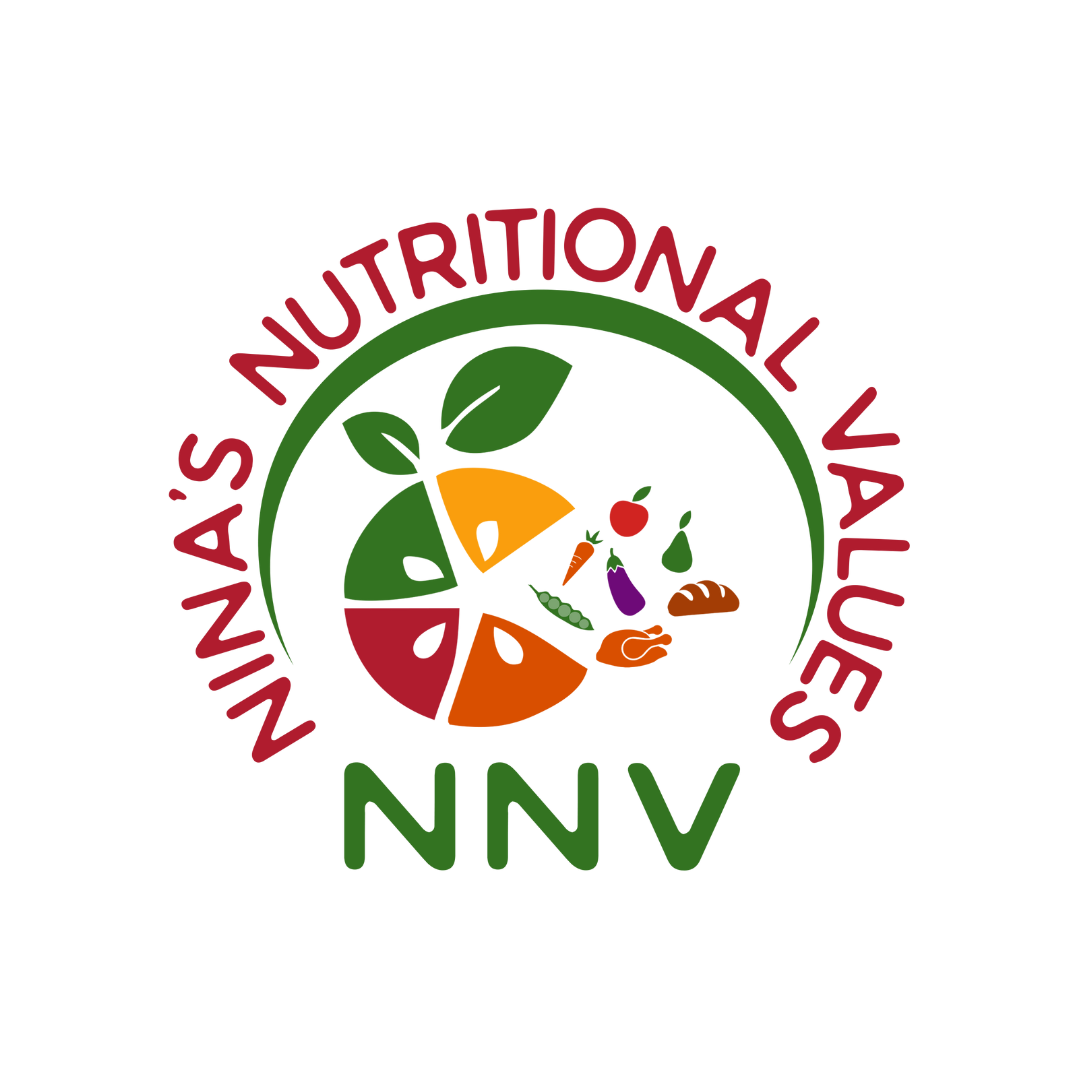Be Mindful in Selecting Soda, Juice, and PrebioticDrinks
Ideally, most of what you drink throughout the day should be water. When you’re in the mood for something else you must be mindful of its ingredients. If you aren’t careful, you’ll end up drinking your calories or sugar for the day. Even when you’re selecting a seemingly healthy beverage.
Fruit Juice
First, you want to determine if you’re drinking additive-free juice or a fruit-flavored beverage. Some fruit-flavored beverages state “made with real fruit juice” on the label, but only contain a small fraction of fruit juice. Instead, they’re packed full of sugar, artificial coloring, artificial flavoring, and other chemically derived ingredients.
Although 100% fruit juices contain no added sugar, you must still be mindful of your serving size. Although fruit is high in antioxidants and nutrients, fruit juices are carb-rich beverages and should be consumed sparingly.
When ordering or making freshly squeezed juice, follow the 80/20 rule. This is the concept of using at least 80% vegetables and no more than 20% fruit. This keeps the nutrient content high, and the sugar content low. This is because most vegetables (not carrots) are low in sugar. Just 1 or 2 apples can sweeten up a veggie juice blend.
Prebiotic Drinks
Prebiotic drinks are great in theory. They’re an easy and flavorful way to add 5 or more grams of fiber to your diet, with the goal of reaching no less than 25 grams of fiber per day. Although a delicious alternative to Metamucil and other fiber-rich powders, be sure to read the label to ensure you aren’t drinking your calories or sugar.
Select options with 5 grams of sugar or less and 50 calories per serving or less. With natural sweeteners like monk fruit and allulose, you can find several brands that are zero-sugar and zero-chemical.
Why are monk fruit and allulose better than artificial sweeteners?
Monk fruit extract and sugar are made from the rare mogrosides antioxidant found in monk fruit. This antioxidant is 100 to 250 times sweeter than table sugar but sweetens without causing blood sugar to spike.
Allulose is a naturally occurring sugar found in wheat, molasses, maple syrup, figs, and raisins. Although it’s sugar, your body doesn’t process it like glucose, fructose, sugar, or artificial sweeteners. It metabolizes so quickly that it doesn’t cause your blood sugar to spike.
Consider adding both sugar alternatives to your kitchen. Allulose tastes most like table sugar so it’s the most versatile.
Soda
If you’re craving something carbonated, reach for unsweetened sparkling water instead of soda. Otherwise, you may end up drinking your calories or sugar. Most sodas have more than a day’s worth of sugar per can, averaging around 39 grams of sugar and between 125 and 180 calories per can. So, unlike prebiotic drinks, there’s absolutely no nutrient value.
Yes, there are diet, zero-calorie, and zero-sugar soda options. However, most are formulated with artificial sweeteners that are linked to weight gain and an increased risk for a variety of health conditions.
Not to worry, as there’s a new generation of sparkling waters and sodas made with monk fruit and allulose that fulfill your craving for something bubbly and sweet.
How Else Are You Drinking Your Calories?
Electrolyte beverages, sweetened café coffees, and bottled teas are just a few other ways you may be drinking your calories and sugar.
Check back to Nina’s Nutritional Values soon for additional dietary tips, or reach out for personalized nutrition counseling!



